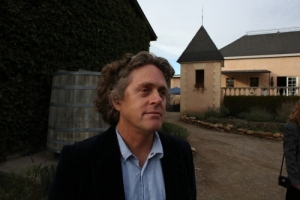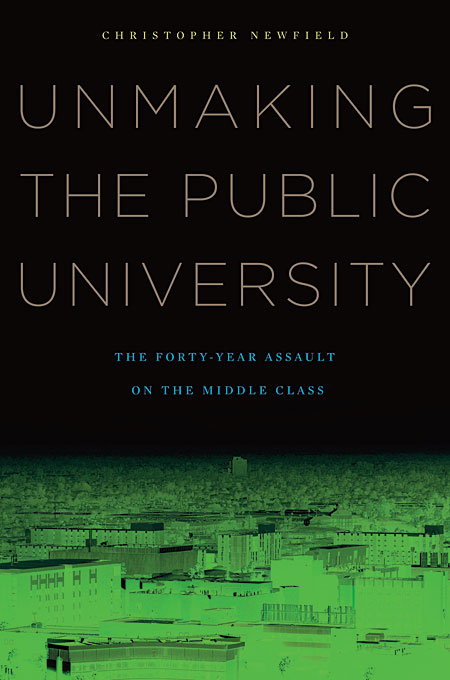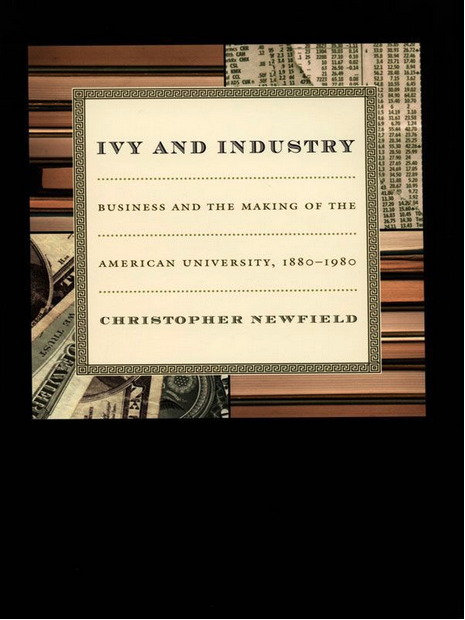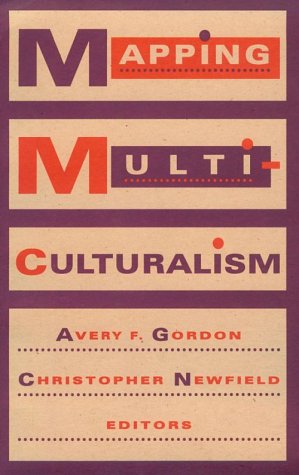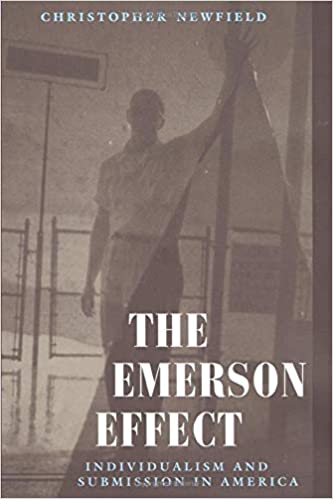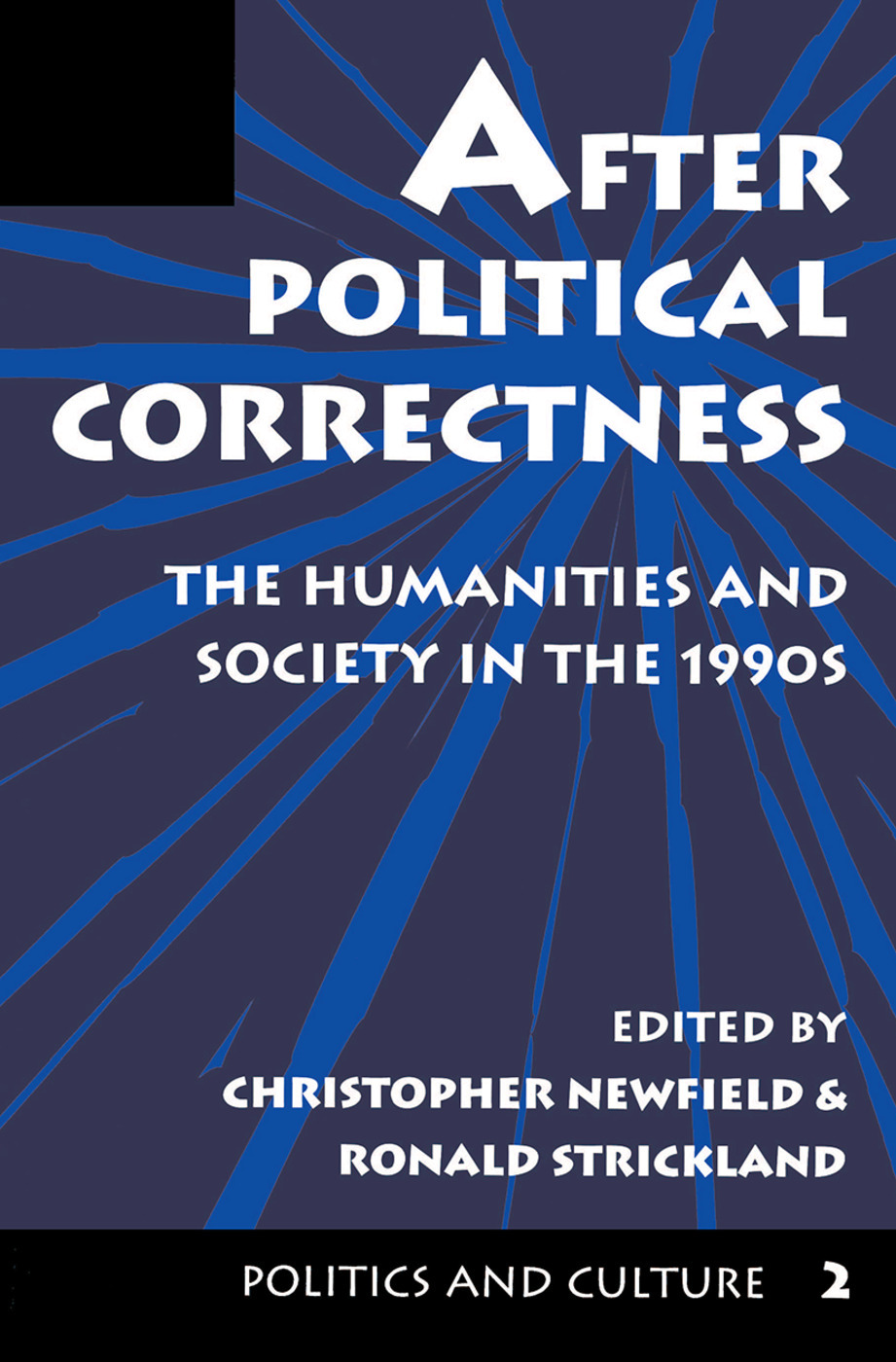Christopher Newfield
Professor Emeritus
- Education:
- Ph.D., Cornell University, 1988
- M.A., Cornell University, 1984
- B.A., Reed College, 1980
My current work is in critical university studies, American literature since 1990, California culture and society, quantification studies, and the status of literary knowledge. In the first area, I’ve written a trilogy of books on the university as an intellectual and social institution: Ivy and Industry: Business and the Making of the American University, 1880-1980 (Duke University Press, 2003); Unmaking the Public University: The Forty Year Assault on the Middle Class (Harvard University Press, 2008); and The Great Mistake: How We Wrecked Public Universities and How We Can Fix Them (Johns Hopkins University Press, 2016), which has just appeared in paperback. I am the principal investigator on a project called, “Limits of the Numerical: Higher Education in the Age of Metrics,” supported by a 2-year NEH Collaborative Research Grant. I am very interested in innovation theory—and the role of literary and cultural study (or lack thereof) in moving the U.S. away from tech-exclusive understandings of social change. I served as co-PI on an NSF grant that founded a Center for Nanotechnology in Society at UCSB, immersed myself in renewal energy innovation and co-authored a film, What Happened to Solar Innovation? I also write about American intellectual and social history (The Emerson Effect, University of Chicago Press), and I co-edited Mapping Multiculturalism (University of Minnesota Press) with Avery F. Gordon. I blog on higher education policy at Remaking the University, and I’ve written for the Huffington Post, Inside Higher Ed, The Chronicle of Higher Education, WonkHE (UK), The Guardian’s Higher Education Network, and the Los Angeles Review of Books. In the summer of 2019, I’ll start to write for the Education section at Forbes.
Fields:
- Late 20th and 21 st Century American Literature
- Critical University Studies
- Literary Theory; Theory of Literary Knowledge
- Literature and Economics
- Literature and Crime
- Literature and Social Sciences
- Humanities and Quantitative Methods
- Race and Ethnicity
- American Studies
- American Literature Before 1865
- Cultural Studies
- Humanities and Science
- Future of the Humanities
Research Areas
- American Literature
